The Repair Shop's Jay Blades reveals the one item you should never buy new
The Repair Shop icon tells us what you shouldn't be buying new for your household...

There are so many things we can be doing to reduce our household waste - both for the environment and our bank accounts. That's why finding out what we should be avoiding buying new and learning upcycled furniture ideas is more important than ever.
Furniture restorer and presenter of The Repair Shop, Jay Blades reveals the surprising news that armchairs aren't worth buying new. While we may be used to picking up a new seat from the high street, it's time to look elsewhere.
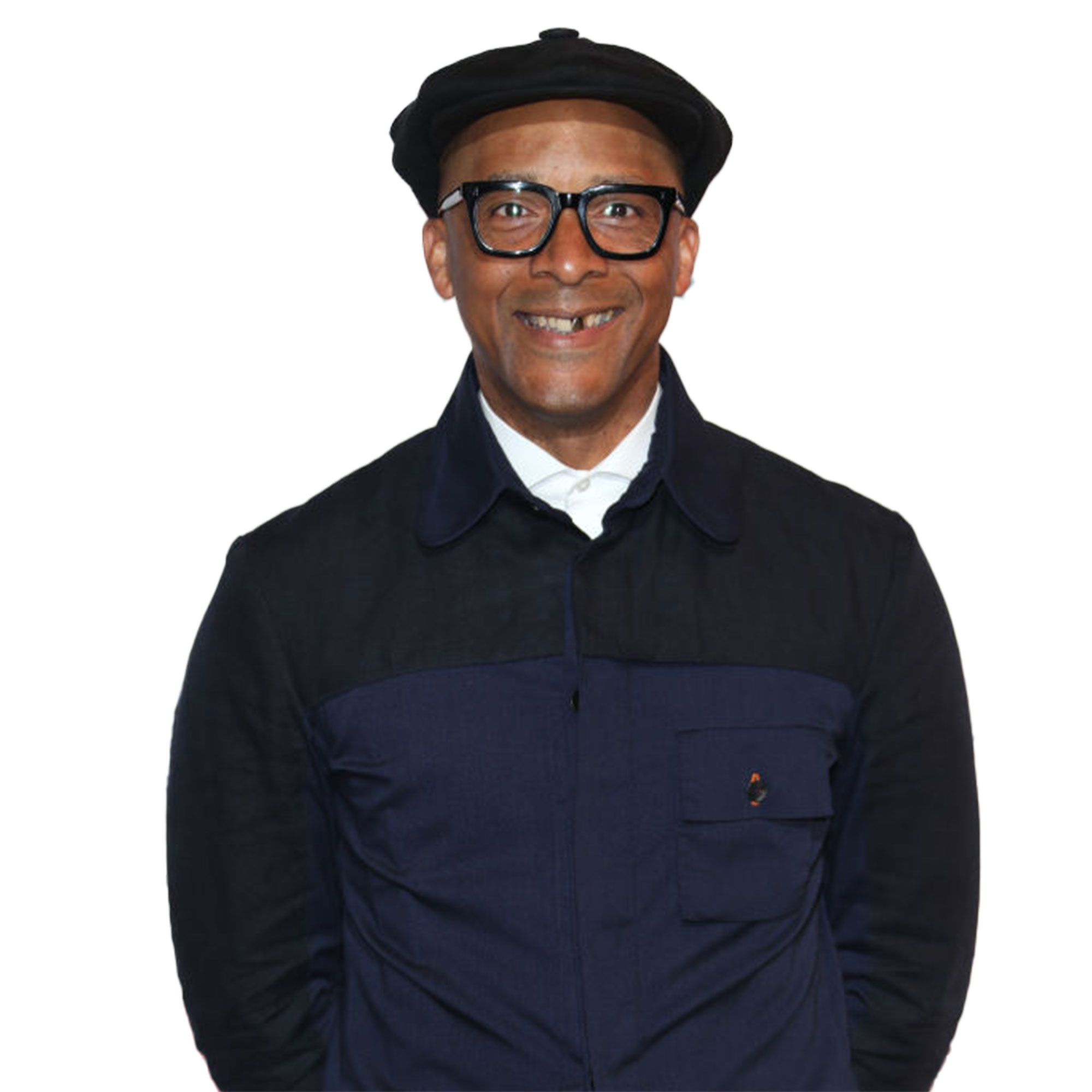
Jay Blades reveals what you should never buy new
The furniture expert revealed to why we shouldn't be purchasing new furniture and instead make the most out of existing items. 'Large furniture, such as chairs should never be bought new,' Jay Blades reveals.
'New chairs not only usually have a large cost to our wallets but also our environment, with the amount of CO2 emissions produced.' 'If you’ve got an old chair sitting at home you can upcycle it with easy DIY projects,' suggests Jay.
'You can do this by replacing the fabric, super gluing or nailing it back together, or giving it a quick paint job.' While Jay Blades reveals that larger furniture and chairs should always be upcycled or bought second-hand, the expert believes that we should be going even further in changing our purchasing habits.
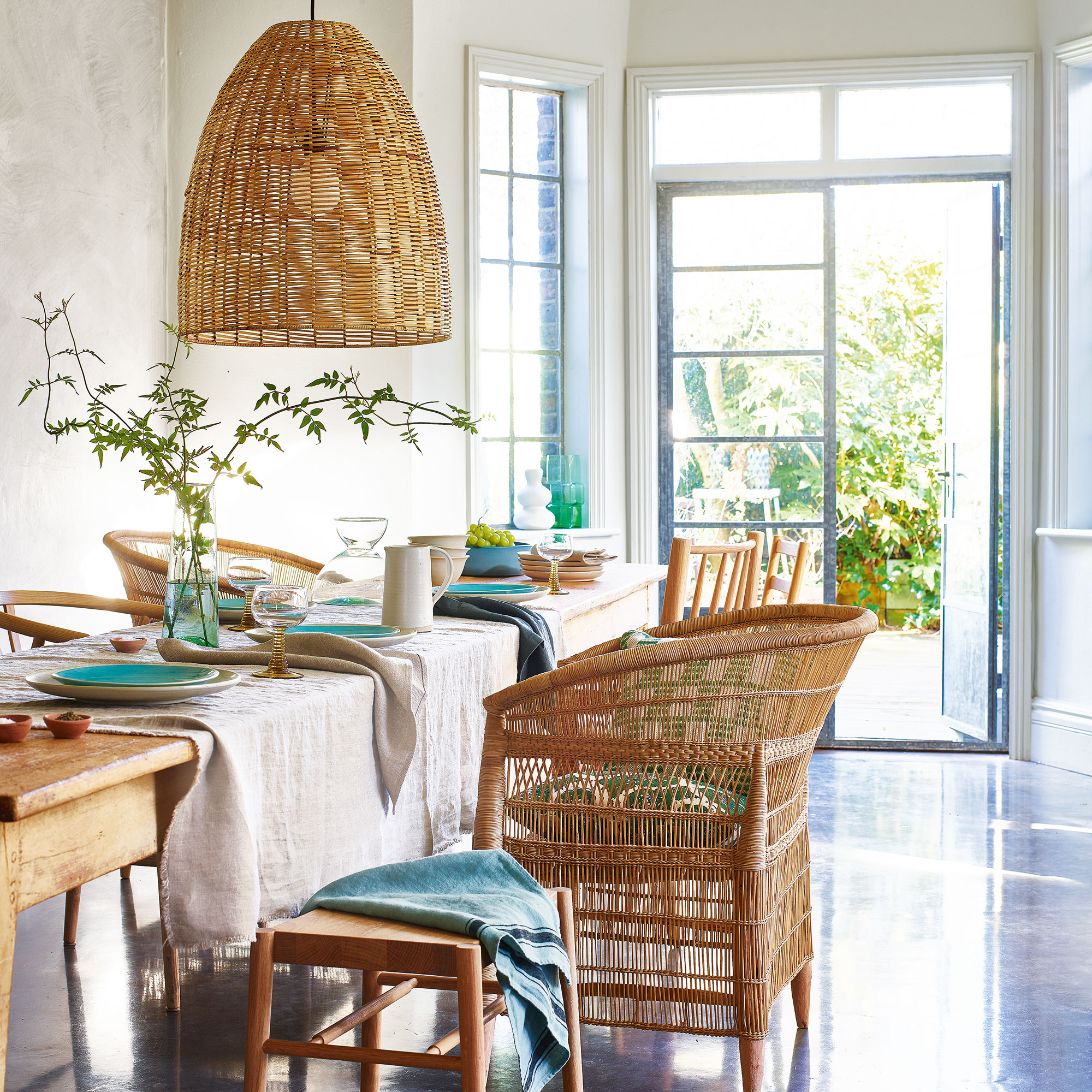
Learning how to upcycle a chest of drawers is just the beginning. 'This is going to sound weird,' begins Jay.
'But nothing should be bought new. We have everything we need at this precise moment in time. We don't have everything we want, people always want stuff, but if something is broken then you can fix it. If something is worn out then it just means you should look for a way to regenerate it.'
Get the Ideal Home Newsletter
Sign up to our newsletter for style and decor inspiration, house makeovers, project advice and more.
'I love this thing called a circular economy,' Jay adds. 'This is where people are actually producing an item and then putting it back into the environment, or once it's come to the end of its life it's given back to the manufacturer who are able to reintroduce it back into the market.'
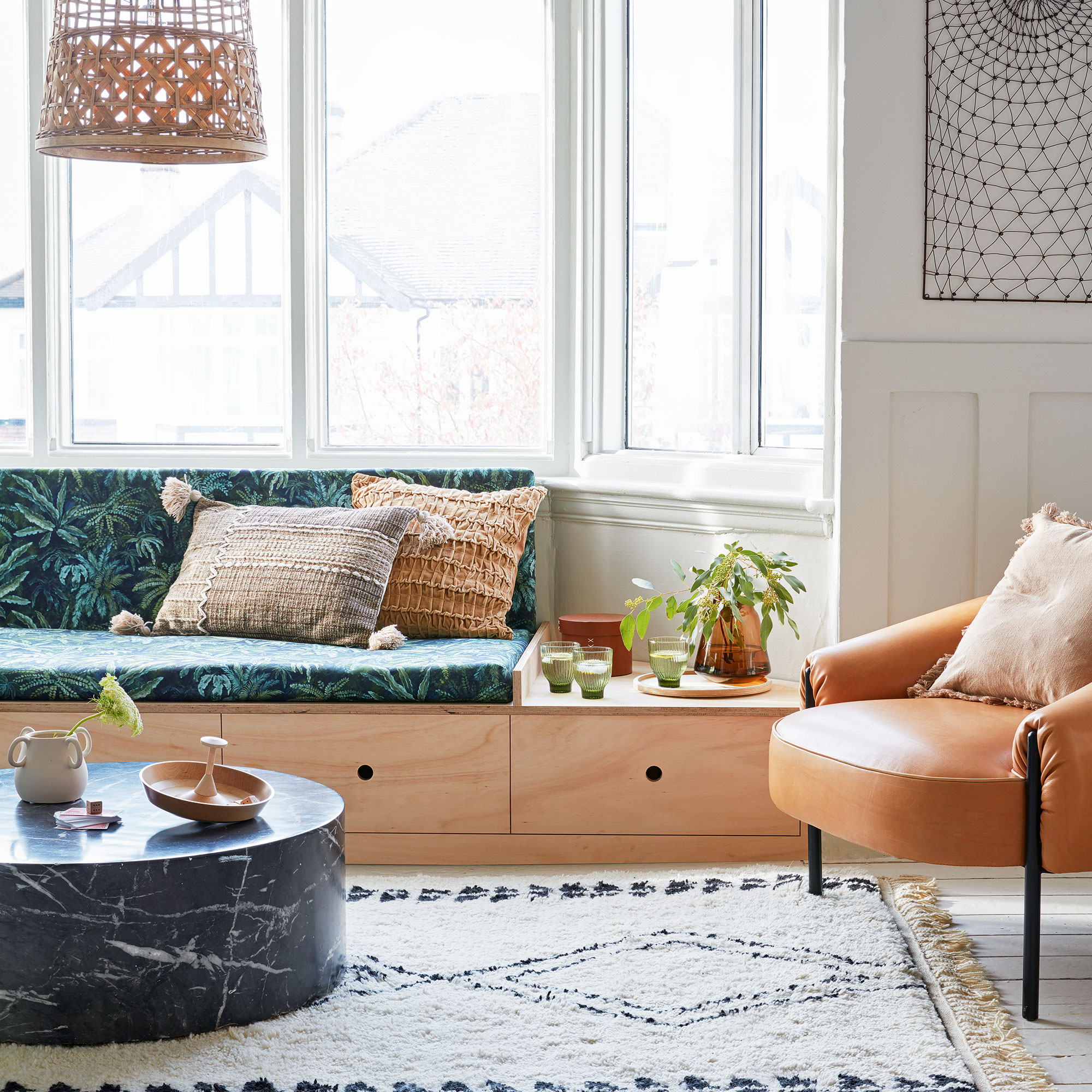
'In this way, by buying from the circular economy, you're never buying new. It was already been used before, it's been reinvented or redesigned and then there it is again. So nothing should be bought new, it should all be part of the circular economy.'
So explore second-hand products, get upcycling and get kitchen cabinet repainting. Loctite's Second Chance Shop ambassador Jay Blades educates on home upcycling to save UK landfills.

Thea Babington-Stitt is the Managing Editor for Ideal Home. Thea has been working across some of the UK’s leading interiors titles since 2016.
She started working on these magazines and websites after graduating from City University London with a Masters in Magazine Journalism. Before moving to Ideal Home, Thea was News and Features Editor at Homes & Gardens, LivingEtc and Country Homes & Interiors. In addition to her role at Ideal Home, Thea is studying for a diploma in interior design with The Interior Design Institute.
-
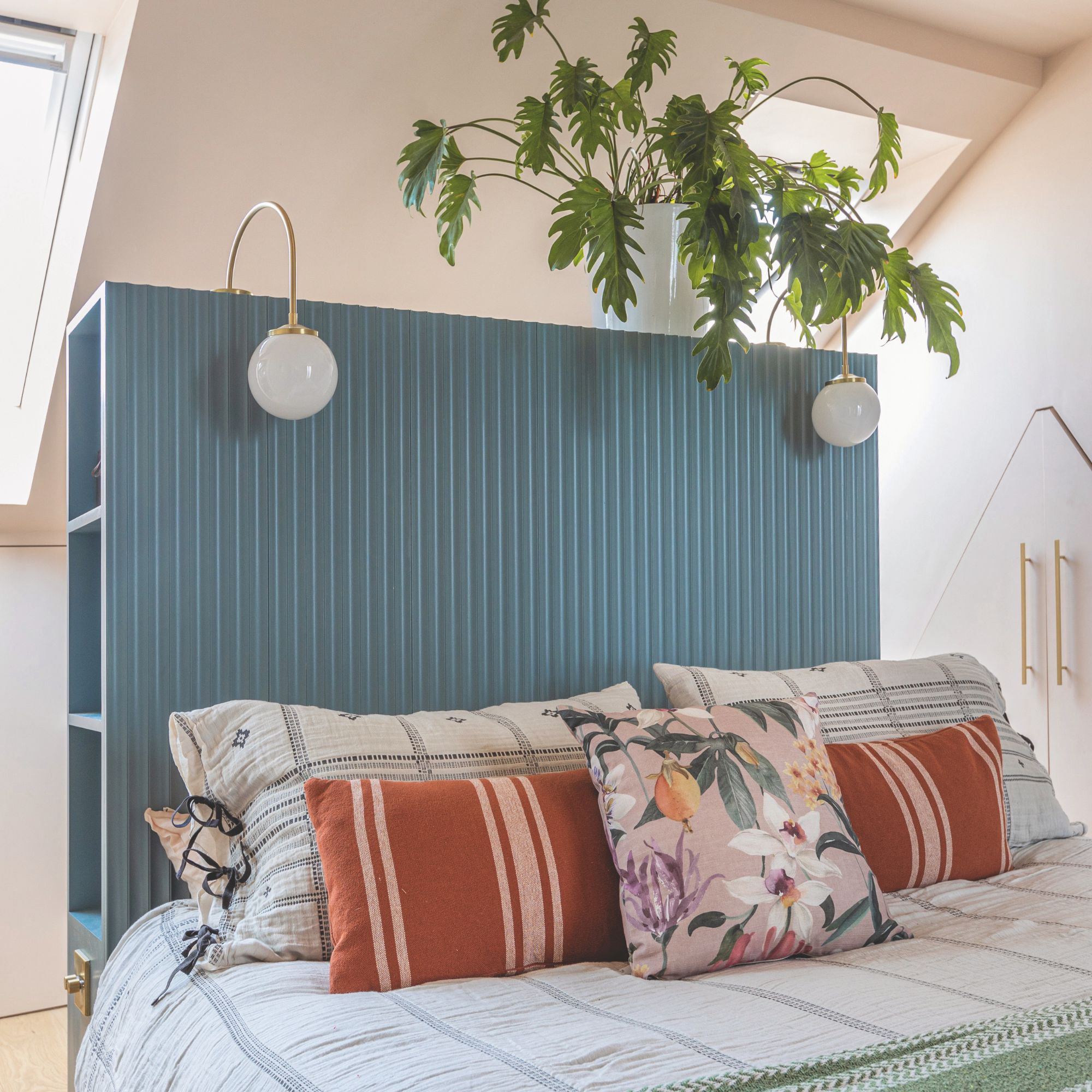 5 signs you’ve taken decluttering too far — and how you can pull yourself back, according to organisation experts
5 signs you’ve taken decluttering too far — and how you can pull yourself back, according to organisation expertsYou might have to start resisting the urge to purge
By Lauren Bradbury
-
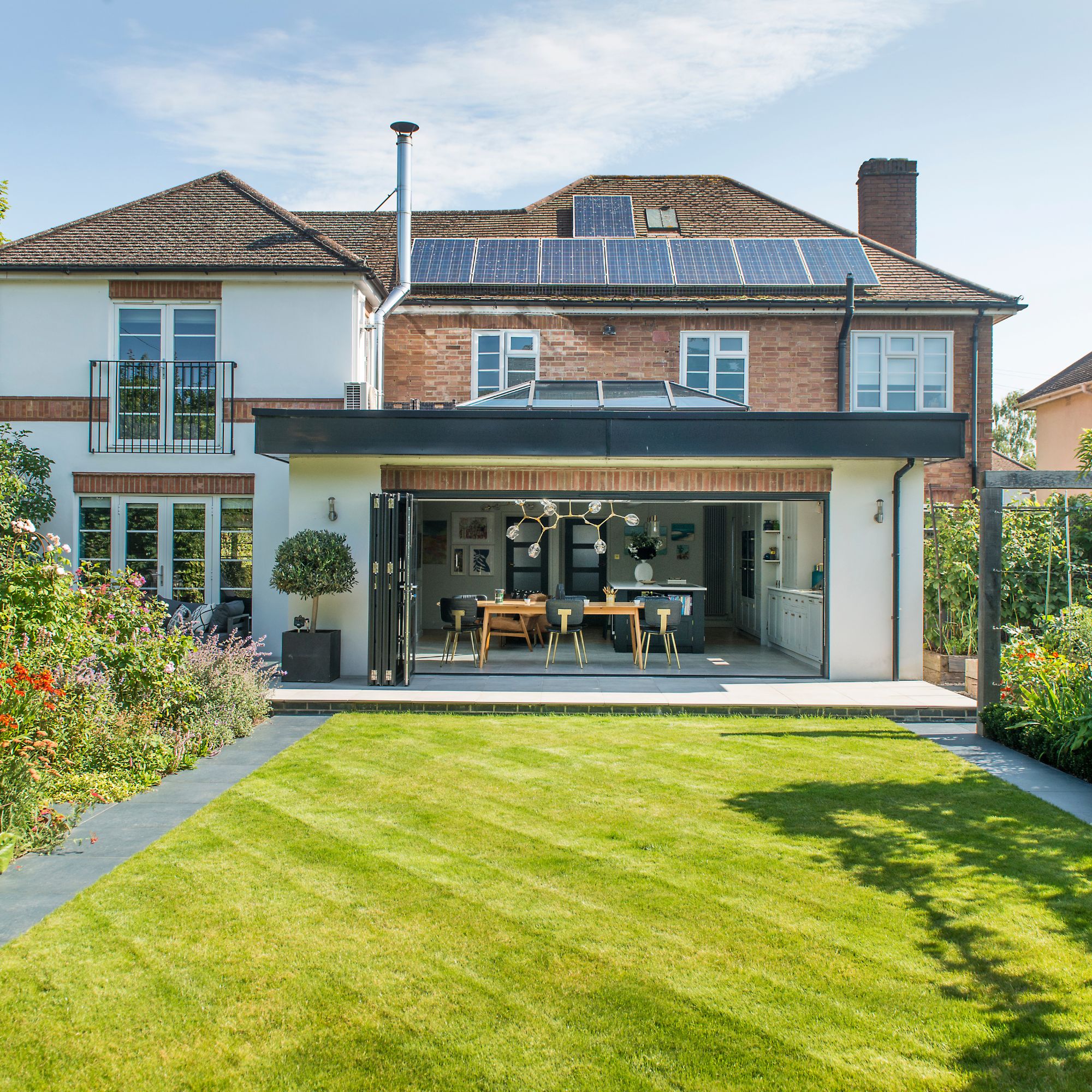 What is the Party Wall Act 3m rule and is it something you should be worried about? This is what the experts say
What is the Party Wall Act 3m rule and is it something you should be worried about? This is what the experts sayDon't get caught off-guard by the Party Wall Act 3m rule — our expert guide is a must-read
By Natasha Brinsmead
-
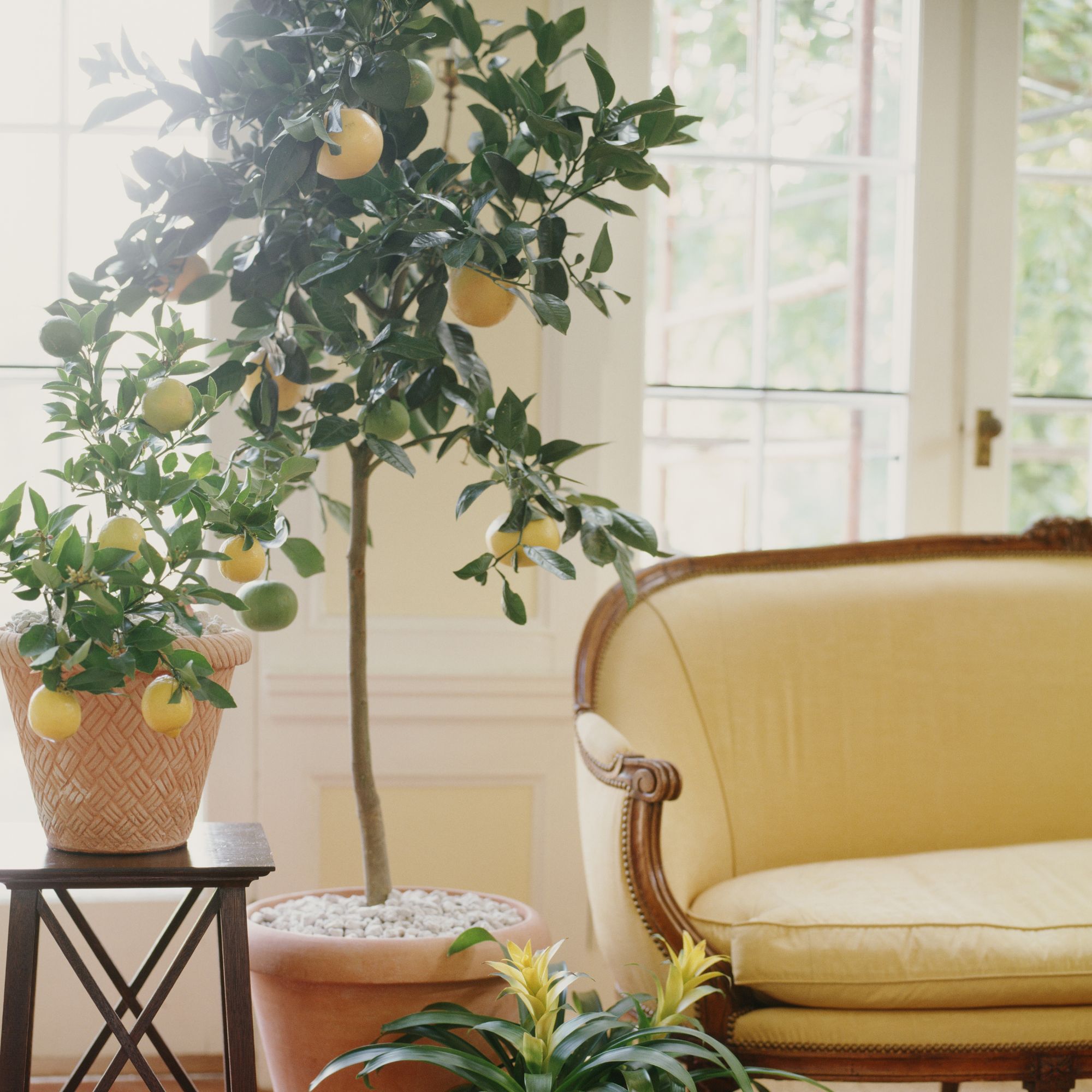 Shoppers can’t get enough of The Range’s lemon tree, but I’ve found an even cheaper bestseller at B&Q - it’s perfect for a Mediterranean look
Shoppers can’t get enough of The Range’s lemon tree, but I’ve found an even cheaper bestseller at B&Q - it’s perfect for a Mediterranean lookWelcome the summer with this glorious fruit tree
By Kezia Reynolds